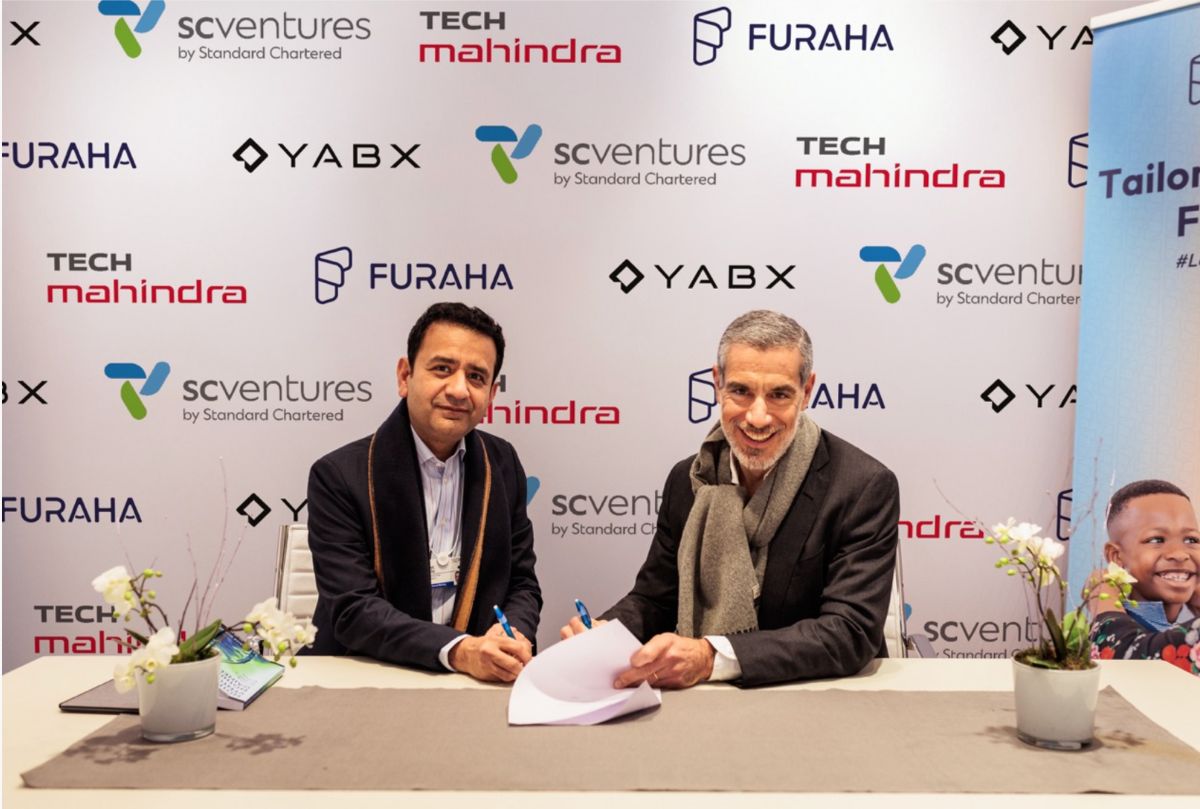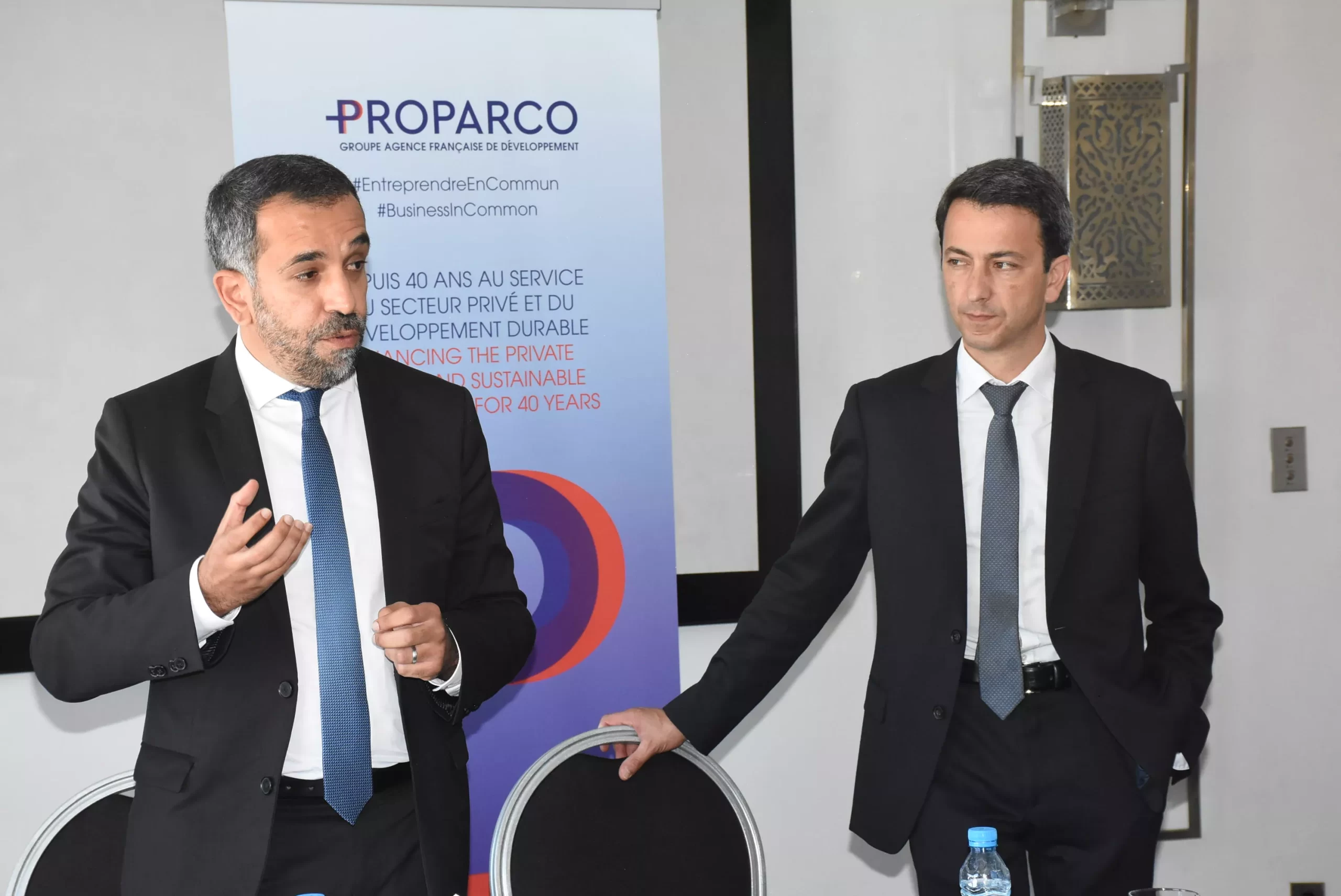Furaha, a DIFC-based loan platform specialising in financing education in Sub-Saharan Africa, has received a $10 million investment from SC Ventures, Standard Chartered’s innovation, fintech investment and ventures arm, and Yabx Technologies, Tech Mahindra’s subsidiary, a leading global provider of technology consulting and digital solutions to enterprises across industries.
According to the announcement which was made on Friday, Yabx contributed $3 million in technology transfer, and SC Ventures contributed $7 million.
Founded by Yustus Aribariho and Ian Fernandes, Furaha was incubated by SC Ventures and is headquartered in the Dubai International Financial Centre (DIFC). Its first focus is on education financing, starting with Uganda, where it aims to address the region’s financing challenges.
Read also: Mastercard, KCB Bank partner to introduce multi-currency prepaid card in Kenya
Partnership to enhance purpose-driven financing in Africa
“We are glad to partner with like-minded innovators like Yabx and Tech Mahindra who share our vision of increasing financial inclusion and access. The partnership will help enhance purpose-driven financing in Africa and supports our work to rewire the DNA in banking,” said Alex Manson, CEO, SC Ventures.
“The transformative power of purpose-driven financing lies in its ability to bridge gaps in access and opportunity, particularly in regions like Africa. This strategic partnership aims to make financial solutions more inclusive and impactful. It’s indeed an exciting beginning, and we look forward to collaborating with SC Ventures on many such initiatives that redefine financial empowerment and drive innovation globally,” said Mohit Joshi, CEO and Managing Director, Tech Mahindra.
Furaha lowers the cost of delivering purpose-driven lending products and expands financial inclusion across underserved segments of Africa by combining SC Ventures’ extensive knowledge of banking and risk management with Yabx’s agile, future-ready platform with AI-driven alternate lending capabilities.
“This partnership with SC Ventures is a big moment for Yabx. It marks our first step into the education financing space. The long-term impact of a partnership like this is huge, and we’re excited to work with Furaha as they positively impact education outcomes in Uganda and other African countries in the coming months,” said Rajat Dayal, CEO, Yabx.
Read also: Kenya scraps electronic travel authorisation for 52 African countries
Challenges of African parents financing their children’s education in Africa
The cost of providing their children with a high-quality education is one of the largest expenses that families must consider.
The majority of parents frequently struggle to make on-time school fee payments because they lack sufficient cash or access to short-term borrowing tools like credit cards or reasonably priced digital loans.
Children who have unpaid or delayed school fees are frequently unable to finish their education, which affects not only their future chances but also the growth of the community and nation. For parents who make less than $500 a month, the difficulty is particularly severe.
Furaha, which has begun offering loan products in Uganda with partners like Opportunity Bank, SchPay, and MTN MoMo, and has plans to expand to other African countries, provides a much-needed solution for parents and schools by establishing a rich ecosystem of data for credit scoring and allowing commercial banks to channel affordable credit towards financing education.


